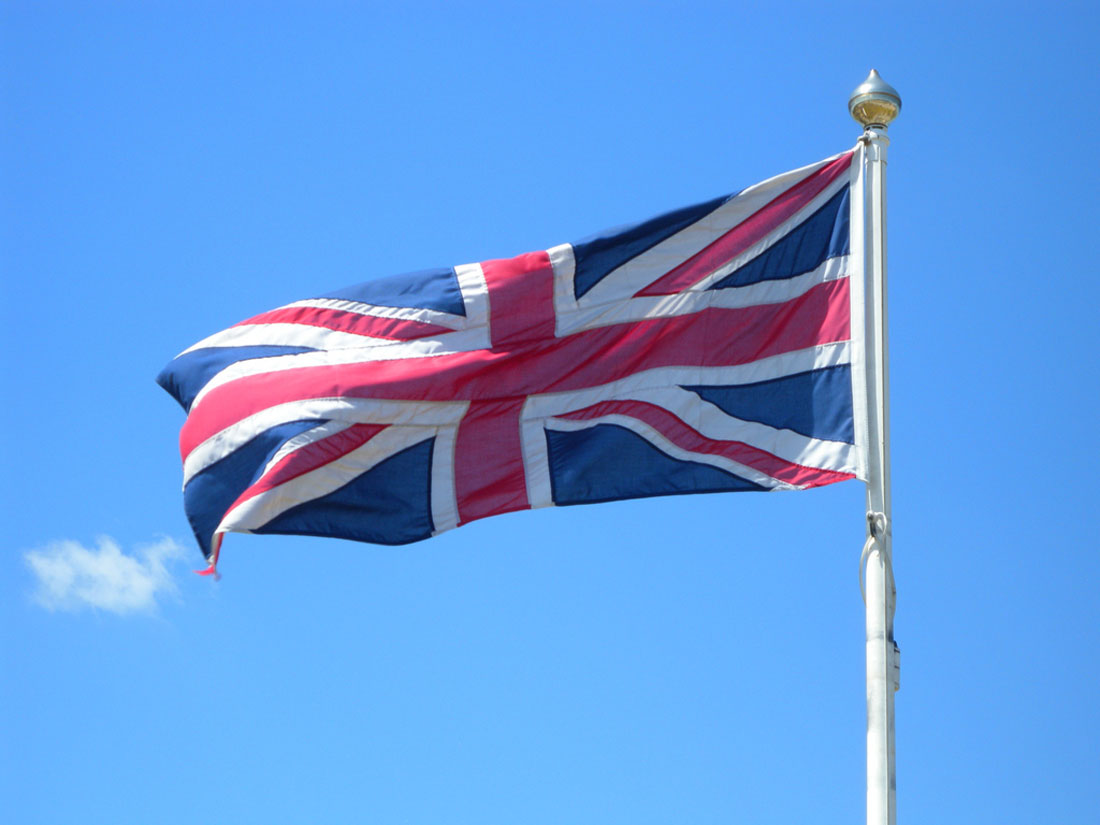WASHINGTON–England’s 2-1 loss to Iceland on Monday in the Euro 2016 football tournament was one of the worst in the country’s history.
The loss prompted national manager Roy Hodgson to resign within 20 minutes of the final whistle and drew howls of derision from the country’s newspapers.
“I suppose someone has to stand and take the slings and arrows,” Hodgson said at a news conference Tuesday.
Still, the historic loss has competition.
Sixty-six years ago Wednesday, the U.S. beat England 1-0 at the 1950 World Cup in Brazil. At the time, it was dubbed “The Miracle on Grass.” Peter Alegi, the author of several books on soccer, outlined the significance of the two upsets.
“They’re certainly the two most historic humiliations,” Alegi said. “But a lot of the Icelandic players today play oversees in European leagues…while the American team in 1950 was made up of working-class guys who had jobs. So the American accomplishment in 1950 was more extraordinary from a sporting standpoint.”
The English players of today were much like the English players of the 1950s—some of the best players in the world. The difference: Iceland’s team is ranked 34th in the world, and America’s 1950 team had guys who played soccer on weekends.
If Iceland and the U.S. teams represented two totally different levels of competition, their respective countries had equally divergent reactions more than six decades apart.
“People are going nuts in Iceland, from what I can gather,” Alegi said. “It’s arguably their greatest moment ever, in terms of their cultural history. When the U.S. team came back, they didn’t have any recognition at all. Only one journalist from the U.S. went to the game, a reporter from the St. Louis Dispatch. It was barely a footnote.”
Like the coverage, the players could hardly look more different. Black and white footage of the 1950 game shows slender men in baggy shorts and shirts, a slower pace of play and a less than full stadium. Monday’s game featured muscled players in form-fitting uniforms, sharp passing and a packed arena. But fans find a common thrill in both eras, regardless of differences.
“People are right to latch on to these upsets,” Alegi said. “This is what makes sports so great—on the playing field, on the day, these miracles can happen. And if they didn’t, I think very few of us would be interested in sports.”


